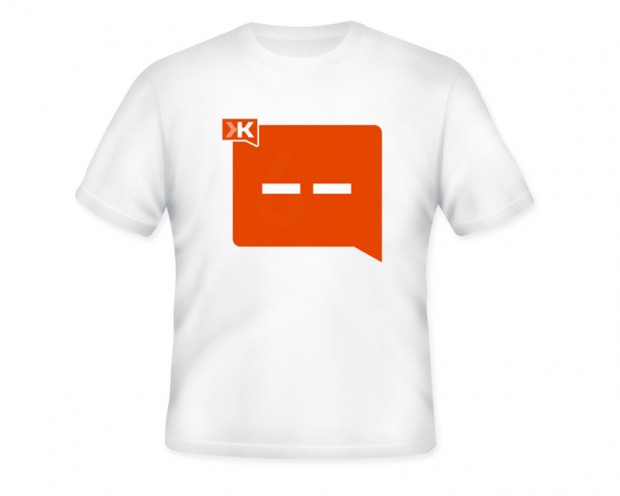Klout, Influence And Other Urban Myths
Klout is a service that claims to be able to measure people’s online influence. But what is it really and should we be worried about it?
Supposedly, Klout can analyse your social media activity and by assigning you a number (out of 100), show how “influential” you are in comparison to other social media users.
To say I’m skeptical about Klout’s accuracy and objectives is something of an understatement. I already said, back in November 2011, that I believed Klout (and other similar services) are just a ruse. In fact, you don’t have to look far to find many voices on the internet question the scores, their methodology, and their motivations (one of my favourites is 5 Reasons Why Klout Is Total BS).
Methodology
I may not be an expert in social media (in fact, I don’t want to be an expert in social media), but I do know a thing or two about research. In my academic years I attended my fair share of seminars and workshops on research methodologies in sociology and cultural studies.
Although my memory of those times is a little hazy when it comes to detail, I do recall that when you want to do a piece of research (any kind of research), you start with a question (or set of questions), then you have to decide how to answer those questions and what are the best tools for doing so.
Klout is understandably vague about their tools. But, I’m not sure that matters too much. Even if we assume their tools are good (which many comentators doubt), there’s still reason to be suspicious when we ask ourselves; what question does a Klout score answer? And, why ask that question?
The Marketing Problem
In the world of marketing and advertising, there is a scramble to try and understand the online users. Everyone knows that consumers are making purchase decisions based on what they see and read online. But, this is a new field few understand well.
The web has challenged two key insights into consumer behaviour; word of mouth (we make purchase decisions based on what friends and family say) and opinion leadership (we make purchase decisions based on the views of respected professionals).
For example, if you wanted to market a new brand of golf ball, you might hold an event for local golfers, hand out some free balls, let people try them out and maybe offer a discount at the local store. Even if some golfers miss the event and sale, they’ll hear about from their friends and see the ball in action at local courses. And, of course, you would also sponsor top level players and well known teachers to talk about the ball and recommend it in ads, interviews, and workshops.
Etymology And Ideology
Klout tries to bring these two cornerstones of marketing together in one concept – influence. It would be nice (for the marketers) if consumer conversations could be measured in this way. I have no doubt that services like Klout see this as their commercial goal; identifying people with “influence,” then selling databases of influential people (and their habits) to marketers or market research companies.
But, can we really collapse word of mouth and key opinion leadership in this way? The reason why marketers liked both word or mouth and opinion leadership is because we listen to different people in our lives in different ways. Depending on the product, we don’t always trust big name endorsements. And, even amongst our friends, opinions don’t all carry the same weight.
Influence itself is something of a vague concept. One of the current problems with Klout (and similar ranking services) is that they don’t seem to be able to separate popularity from influence, which is another way of saying they can’t filter out noise.
My own basic look at people’s Klout scores (among Twitter users I most interact with) showed some glaring disparities. There were users with high scores whose views seldom sway me, while others with low scores whose opinions could easily influence major purchasing decisions.
Conclusion
That’s not to say we can’t measure and analyse how social media users influence each other. I believe we can. But, real human social systems are complex, because we are complex. So it follows that the tools needed to actually tell us something meaningful will also need to be sophisticated – both in the way they sample and measure and the results they give us.
That’s why I deleted myself off the Klout system. Increasingly I’m finding that many of the people I respect have done the same. You can spot them because instead of a Klout score, their number shows up as “- -” when seen on platforms like Hootsuite. If you want to opt out of Klout, here’s some instructions.
So, I made this T-Shirt design you see above in honour of this little band of brothers, fighting in our own quiet way, for a more human understanding of online social interaction, rejecting the idea we are just a number to be harvested by some anonymous company.





